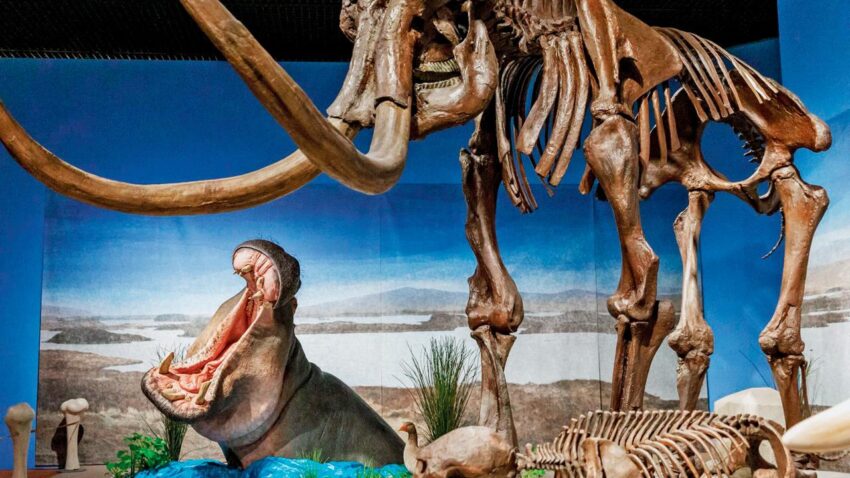Hippos, which today live only in sub-Saharan Africa, managed to survive in central Europe much longer than scientists once thought. New analyses of fossilized bones reveal that these animals lived in the Upper Rhine Graben between roughly 47,000 and 31,000 years ago, during the midst of the last ice age.
For decades, scientists believed that common hippos disappeared from central Europe about 115,000 years ago, marking the end of the last interglacial period. However, new research led by experts from the University of Potsdam, the Reiss-Engelhorn-Museen Mannheim, the Curt-Engelhorn-Zentrum Archäometrie Mannheim, ETH Zurich, and other international collaborators challenges this view.
The study reveals that hippos continued to inhabit the Upper Rhine Graben, located in what is now southwestern Germany, between approximately 47,000 and 31,000 years ago. This means they endured far into the last ice age, surviving in a region once believed too cold for such heat-loving animals.
This groundbreaking discovery not only reshapes our understanding of hippo distribution during prehistoric times but also provides valuable insights into how species adapt to changing climates.
Help us improve further by providing more detailed feedback and stand a chance to win a 3-month e-paper subscription!
https://www.mid-day.com/news/world-news/article/hippos-survived-in-central-europe-until-31-000-years-ago-new-fossil-study-reveals-23598419
